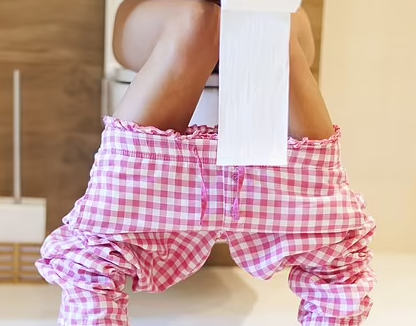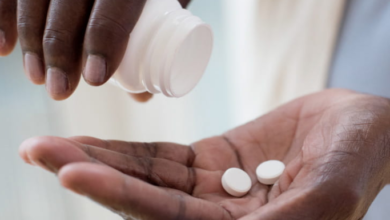“Bidets vs. Toilet Paper: Shocking Study Reveals Alarming Bacteria Risk – Are You Putting Your Health at Stake?”

The ongoing debate over the ideal characteristics of toilet paper—whether it should be folded, quilted, possess antibacterial properties, and be used for wiping or patting—has taken a new turn. Some experts are now suggesting that abandoning toilet paper entirely in favor of bidets, which use water for cleansing instead of wiping, could significantly reduce the risk of infections.
A study published in the 2022 Journal of Water & Health by Japanese scientists revealed that bidet users had 10 times fewer harmful bacteria on their hands compared to those using toilet paper. This discrepancy is particularly concerning for Americans, as it leaves them more susceptible to the potentially fatal C. difficile bacteria, known for causing diarrhea and inflammatory bowel disease.
Toilet Paper
Statistics indicate that around 500,000 Americans contract C. difficile annually, with two-thirds of cases associated with nursing homes. This bacterium claims 15,000-30,000 lives each year in the United States. Dr. Evan Goldstein, a rectal surgeon in New York City, asserts that bidets are far more effective for infection control than traditional toilet paper, challenging the popular belief in the hygienic nature of toilet paper.
However, not everyone agrees that the issue lies with toilet paper itself. Some experts argue that the problem may be related to the type of toilet paper and how it is used. One-ply toilet paper, for instance, is rougher on the skin than its pricier counterparts, potentially leading to open wounds and an increased risk of infection. Dr. Trisha Pasricha, a gastroenterologist at Massachusetts General Hospital, warns that one-ply toilet paper’s thinness may encourage users to use more, leading to discomfort and itching.
In addition to the type of toilet paper, the wiping technique is crucial for maintaining genital health. Instead of aggressive wiping, experts recommend gentle dabbing, as rough wiping can lead to hemorrhoids, swollen rectal veins, and bleeding. Physicians at Harvard Medical School emphasize the importance of cleaning the anal area after each bowel movement but stress the need for gentleness to avoid irritation.
Moreover, the direction of wiping is critical, particularly for women. Wiping from front to back is recommended to prevent the entry of fecal bacteria into the urethra, reducing the risk of urinary tract infections (UTIs). The National Institutes of Health (NIH) consider wiping in the correct direction as one of the best preventive measures for UTIs, which are more prevalent in women due to their shorter urethras.
It’s worth noting that men are also susceptible to urinary tract infections, although less frequently. Closing the toilet lid before flushing is another essential tip, as a study found that not doing so can spread C. difficile bacteria 12 times more than when the lid is down. As the debate over toilet paper continues, the focus on proper hygiene practices and infection prevention remains paramount.




